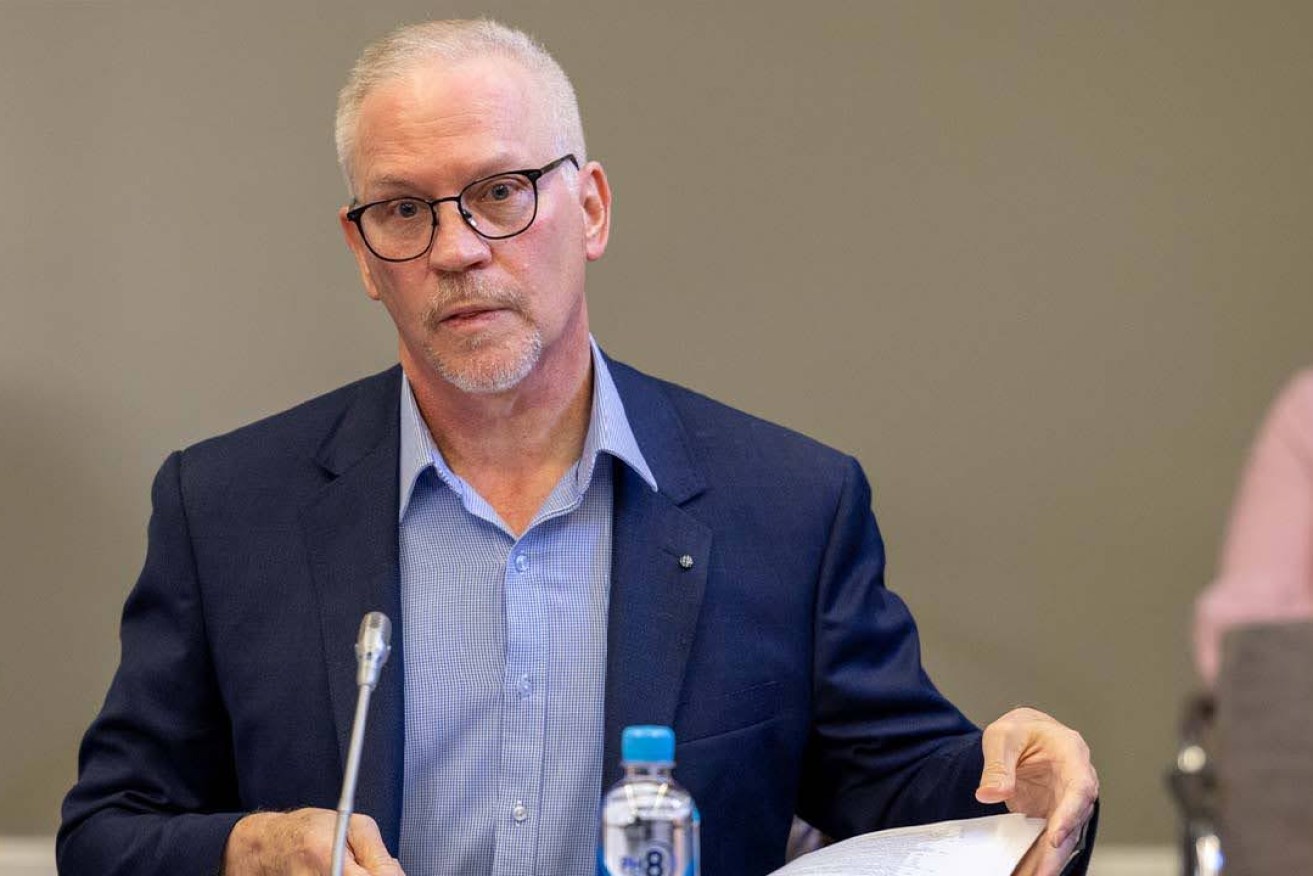‘Maladministration’: Ombudsman hits council over CEO car cash
A South Australian council that spent tens of thousands of ratepayer dollars each year paying its CEO’s vehicle expenses committed maladministration, the state’s Ombudsman has found.

SA Ombudsman Wayne Lines. Photo: Tony Lewis/InDaily
A report released by Ombudsman Wayne Lines last week states in 2019 alone the council reimbursed its CEO $39,482.54 for motor vehicle expenses – an amount which Lines described as “significantly more than the costs incurred by the average council”.
Lines did not name the council which was the subject of his two-year investigation, other than to suggest it was located in regional South Australia and its CEO started the role in August 2014.
A spokesperson from Lines’ office told InDaily the Ombudsman could choose not to identify the subject of an investigation, as he had to have regard for reputational harm.
Lines found the council committed maladministration by providing its CEO with a fuel card in 2018, 2019 and 2020.
He found the council also acted in error by reimbursing its CEO at a rate of 77 cents per kilometre between December 2019 and October 2020, contrary to resolutions passed by the council.
The expenses were paid despite the CEO already receiving a vehicle allowance of $15,000 each year to use their own car for work.
Lines did not report the total amount spent by the CEO during the period in which they were reimbursed by the council for vehicle expenses.
He stated in 2015, the CEO incurred approximately $24,000 in “vehicle-related costs”.
He said by 2019, the council paid its CEO a $15,000 vehicle allowance, on top of a $6155 fuel card and a $18,327.54 mileage allowance – totalling $39,482.54.
Lines stated the person who reported the council in 2020 alleged that paying the CEO a mileage allowance on top of a fuel card amounted to “double dipping”.
The complainant also alleged that the mileage rate of 77 cents/km exceeded the rate set down by the Australian Taxation Office (ATO), which was 68 cents/km as at July 1, 2018.
Lines wrote that the council was unable to provide “clear rationale” explaining why it handed its CEO a fuel card in addition to a mileage allowance and vehicle allowance.
The CEO should have received one entitlement or the other, but not both
He noted that the council passed a resolution in 2018 to ensure the CEO was reimbursed at the ATO rate, but the administration continued to reimburse the CEO at the rate of 77 cents/km.
“The CEO was already benefitting from a generous arrangement, which included a component which includes the cost of fuel, as this is incorporated into the mileage allowance,” he wrote.
“It was a duplication of payments to provide a separate fuel card, for which it does not appear there was any additional benefit to the council or ratepayers.”
According to the report, the CEO argued they did not make a profit from the vehicle allowance.
Lines also noted that regional councils had to make “generous salary arrangements” to entice skilled workers to relocate.
However, he wrote the average council only spends approximately $12,394 each year on CEO vehicle allowances and the amount racked up by the council he was investigating was “significantly more” than the average cost.
“It is not inconsistent to find that the duplication goes too far, and amounts to the mismanagement of public resources by the council,” he wrote.
“I have found that there was duplication in providing both the fuel card and the mileage allowance – the CEO should have received one entitlement or the other, but not both.”
Lines made no recommendations in his report, however he stated it was “very difficult to ascertain what had taken place while investigating this matter” and he urged the council “to ensure such matters are conducted in a clearer manner in future”.
“It should not be so difficult to clarify a council employee’s entitlements, and what the elected members intended for those entitlements to be,” he said.
“Such matters should be clear, transparent, well-documented, and should always be in accordance with the relevant legislation, regulations, as well as any applicable council policies and procedure.”
A copy of Lines’ report has been handed to Local Government Minister Geoff Brock.




